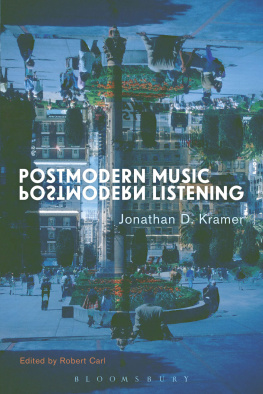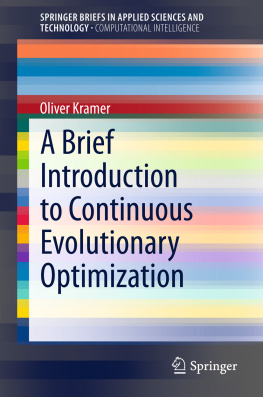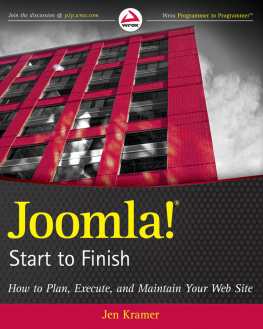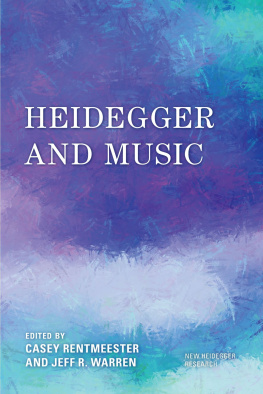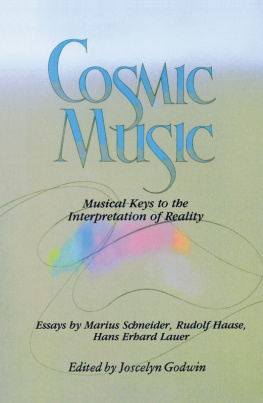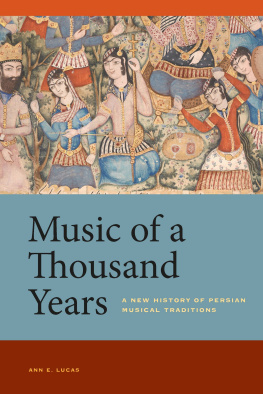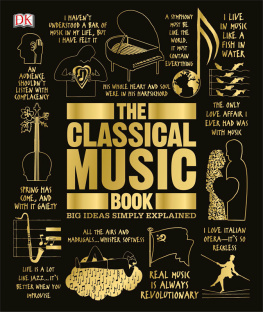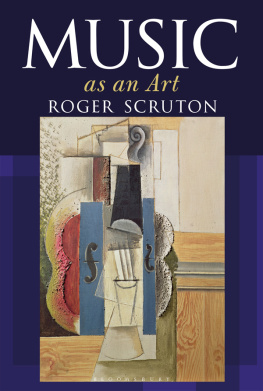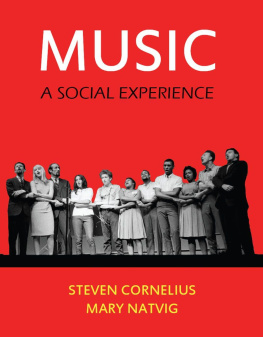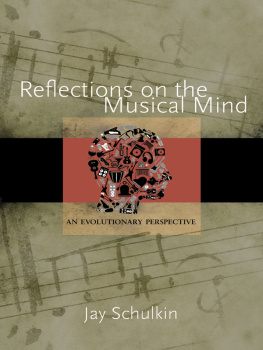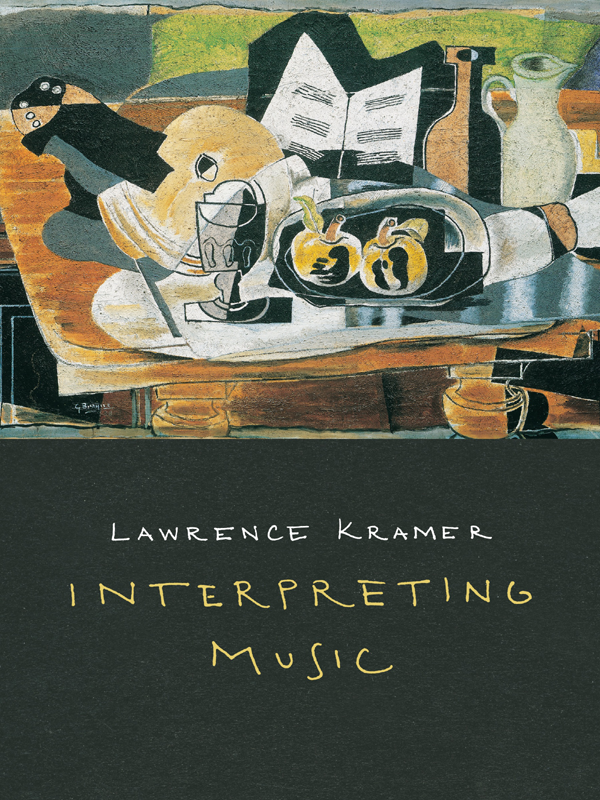The publisher gratefully acknowledges the generous support of the the Ben and A. Jess Shenson Endowment Fund in Visual and Performing Arts of the University of California Press Foundation, made possible by Fred M. Levin and Nancy Livingston, The Shenson Foundation.
The publisher also gratefully acknowledges the generous contribution to this book provided by the Dragan Plamenac Publication Endowment Fund of the American Musicological Society.
Interpreting Music
Lawrence Kramer

UNIVERSITY OF CALIFORNIA PRESS
Berkeley, Los Angeles, London
have been published in a different form in the journals or volumes listed below. All of this material has been reworked and revised for Interpreting Music, in many cases extensively. My thanks to the publishers for permission to reprint the texts involved.
as Music, Historical Knowledge, and Critical Inquiry: Three Variations on the Ruins of Athens, Critical Inquiry 32 (2005): 6176.
as Analysis Worldly and Unworldly, The Musical Quarterly 87 (2004): 121.
as Odradek Analysis: Reflections on Musical Ontology, Music Analysis 23 (2004): 287309.
Portions of as Signs Taken for Wonders: Words, Music, and the Performative, in Word and Music Studies 4, ed. Suzanne Lodato et al., 3547 (Amsterdam: Rodopi, 2002).
Portions of as Subjectivity Rampant! Music, Hermeneutics, and History, in The Cultural Study of Music, ed. Martin Clayton, Trevor Herbert, and Richard Middleton, 12435 (New York: Routledge, 2002).
Portions of as Musicology and Meaning, The Musical Times 144 (2003): 612.
Portions of as Music, Metaphor, and Metaphysics, The Musical Times 145 (2004): 518.
University of California Press, one of the most distinguished university presses in the United States, enriches lives around the world by advancing scholarship in the humanities, social sciences, and natural sciences. Its activities are supported by the UC Press Foundation and by philanthropic contributions from individuals and institutions. For more information, visit www.ucpress.edu.
University of California Press Berkeley and Los Angeles, California
University of California Press, Ltd. London, England
2011 by The Regents of the University of California
Library of Congress Cataloging-in-Publication Data
Kramer, Lawrence, 1946 .
Interpreting music/Lawrence Kramer.
p. cm.
Includes bibliographical references and index.
ISBN 978-0-520-26705-3 (cloth: alk. paper)
ISBN 978-0-520-26706-0 (pbk.: alk. paper)
1. MusicHistory and criticism. 2. Music
Philosophy and aesthetics. I. Title.
ML193.K73 2011
781.1dc22 2010019716
Manufactured in the United States of America
19 18 17 16 15 14 13 12 11
10 9 8 7 6 5 4 3 2 1
This book is printed on Cascades Enviro 100, a 100% postconsumer waste, recycled, de-inked fiber. FSC recycled certified and processed chlorine free. It is acid free, Ecologo certified, and manufactured by BioGas energy.
CONTENTS
MUSICAL EXAMPLES
1
Hermeneutics
This is a book about musical hermeneutics. A generation ago, no one would have wanted to write it. Music by nature seemed to rule it out. Music did not seem to mean the way other things do if it seemed to mean at all. This book tries to show why and how that situation has changedchanged dramatically. Each chapter examines a different concept or practice associated with the deceptively simple phrase interpreting music. Hermeneutics is the art of interpretation. What do we do when we interpret music? What do we learn by doing it? What is at stake? Why should we care?
To begin answering, we need to reconsider hermeneutics generally. For this book about what hermeneutics can do for music is also about what music can do for hermeneutics, which needs some redoing. So this first chapter takes interpreting music as a means to reexamine the activity of interpreting any- and everything, and to sketch the implicit worldview involved.
Music first. In everyday parlance, music is interpreted by being performed. The performers actions both reproduce the music and produce an understanding of it. But this understanding is mute, bodily, sometimes visceral and sometimes gestural; it is communicated to the listener as a mutual understanding might be by a nod, a gaze, or a facial expression. Musical hermeneutics adds an option. It seeks to show how music works in the world by interpreting both music and musical performances in language. To interpret music verbally is to give it a legible place in the conduct of life.
Then any- and everything. In everyday parlance interpretation refers to the expression of a viewpoint based on a fixed predispositioneither a personal inclination or a system of belief. The first case produces a statement of opinion, the second a statement of orthodoxy. Both follow an implicit narrative that ends at its point of origin. The interpretation absorbs the specific matter it addresses into a generic order. It assumes that a certain meaning is transparently present in both the expressive form of the thing interpreted and in the language of the interpreter.
Interpretation in this sense has no independent cognitive value; it is merely the mirror of a settled understanding. Its conclusions lie in its premises.
Interpretation in the hermeneutic sensecall it open interpretationis very different. Open interpretation aims not to reproduce its premises but to produce something from them. It depends on prior knowledge but expects that knowledge to be transformed in being used. Open interpretation concerns itself with phenomena in their singularity, not their generality. It treats the object of interpretation more as event than as structure and always as the performance of a human subject, not as a fixed form independent of concrete human agency.
Unlike the expression of a viewpoint, open interpretation is a relatively rare and specialized practice. It is analytical, articulate, and reflective. It brings the interpreter as subject into contact, and sometimes conflict, with the subject(s)both the agents and the topicsof what is interpreted. Although open interpretation can occur in any expressive medium, including musical performance, its primary form and model is verbal. It both addresses and employs all the connotative richness, symbolic resonance, and ambiguity that language createsand creates whether we like it or not.
Interpretation in this enriched hermeneutic sense is important for at least two reasons. First, open interpretation represents an alternative to both empiricism and dogmatism as sources of knowledge. When we interpret hermeneutically we can neither stick to the facts nor adhere to fixed assumptions. If we dont go forward we go nowhere. Second, open interpretation is the essential vehicle of subjectivity in the strong sense, not of private sensation or idiosyncrasy, but of intelligent agency in its concrete historical being. Subjectivity, the capacity to be in being knowing, is fundamentally the capacity to interpret.
Although an ancient practice, interpretation is also both the medium and the foundation of a more recent world-historical legacy that still remains to be worked out. The legacy, seriously imperiled at the start of the twenty-first century, is that of the European Enlightenment, and one of its key features is the mutual dependency and antagonism of knowing and being.


